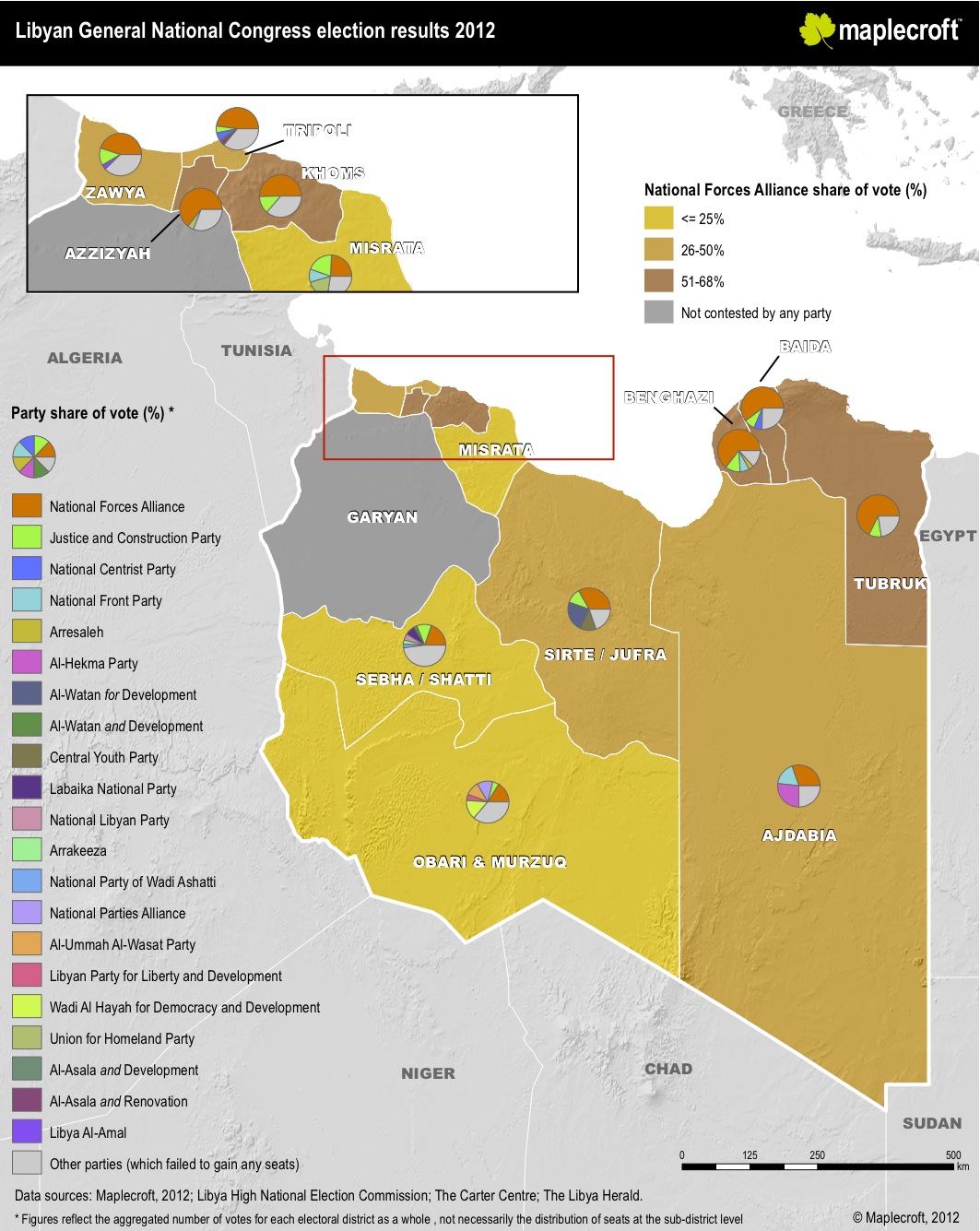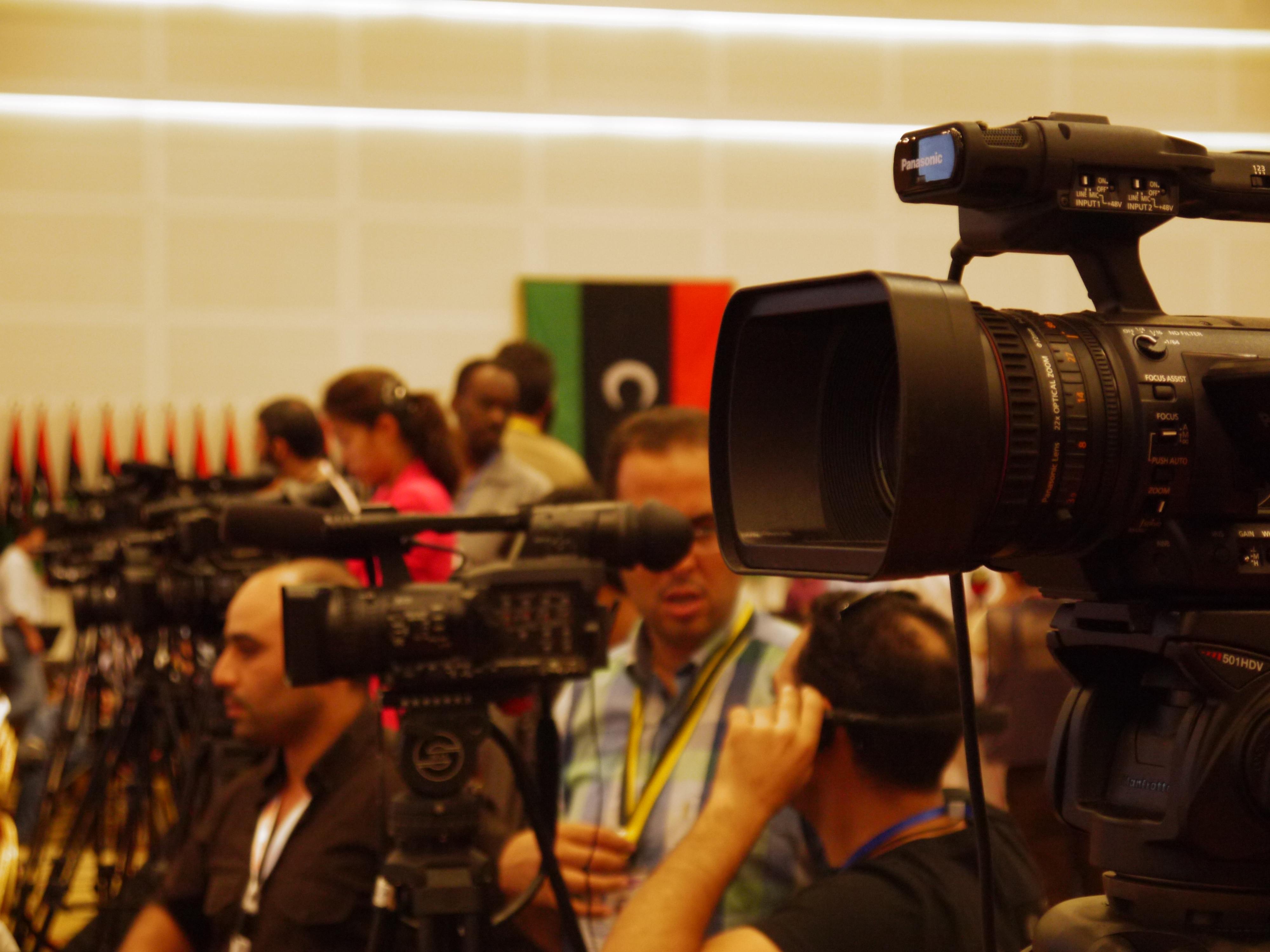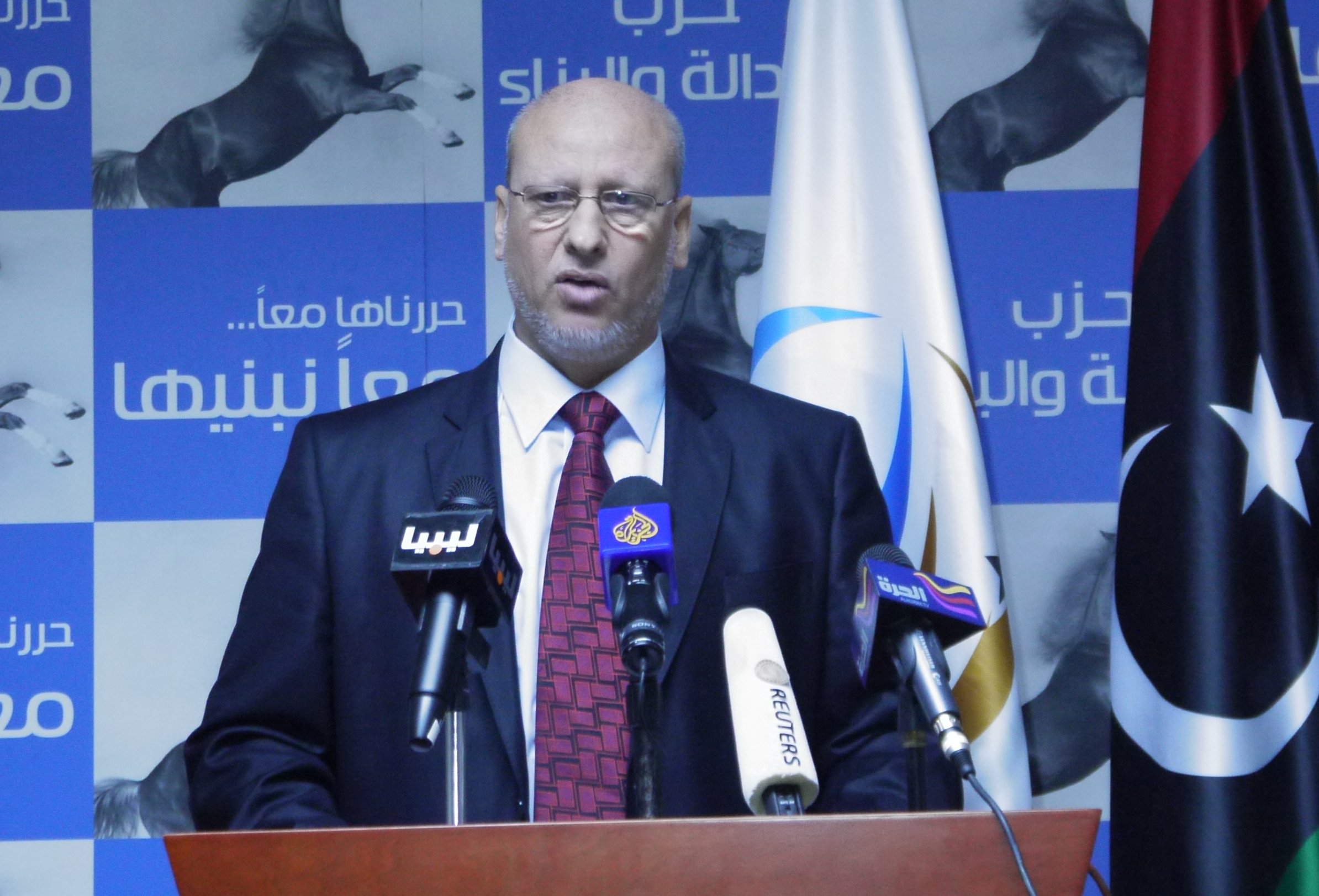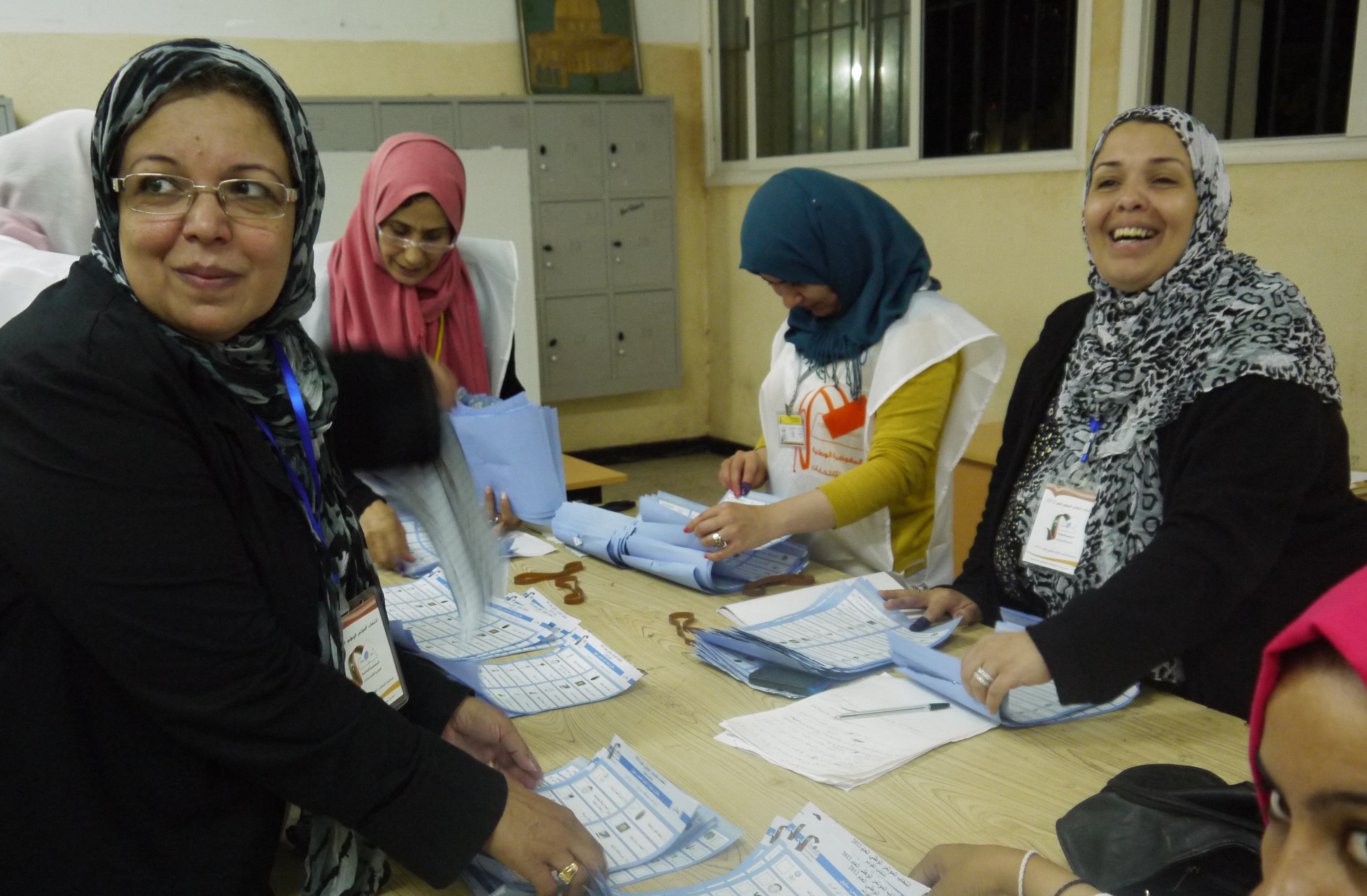By Mutaz O. Shegewi.
Boston, USA, 2 July:
In late April, many Libyans in the US were directed to the ‘Libyan Voters in . . .[restrict]the USA’ website, which functioned as an online portal for Libyan voter registration in the US(1). As a requirement, registrants provided lengthy amounts of information before receiving an electronic confirmation of registration.
Apparently this process was set-up as a preliminary step for Libyans in the US to vote in the upcoming election of the General National Congress (GNC) of Libya that will consist of 200 members who will form the interim government and draft a new constitution for Libya (2). As a result, Libyans in the US who had registered felt united with those in Libya and anticipated voting in the upcoming election was to be a convenient and more importantly inclusive process.
Since early June, however, Libyans in the US have felt otherwise. The High National Election Commission (HNEC) created by the National Transitional Council to organize and implement elections in Libya appointed the International Organization for Migration (IOM) as a partner to coordinate Out of Country Voting (OCV) for Libyans. OCV will take place in only 6 countries: Canada, Germany, Jordan, UAE, UK and USA(2). According to the HNEC mandate, registration and voting for Libyan OCV in the US will be conducted simultaneously for 5 days (3rd to 7th of July, 2012) and only at a center located in Washington, DC(3).
Consequently, it was understood that previous registrants of the ‘Libyan Voters in the USA’ web-site were in fact not registered for voting. Furthermore, anyone who could not make it in person to the voting center in Washington DC during the assigned dates in July would neither be registered to vote, nor vote in the election.
As a result, the reality for many Libyans in the US is bitter. The right to vote for the vast majority is effectively in jeopardy. This long sought dream now hangs by a thread anchored to questions of practicality. Libyans are dispersed throughout the US, considered the third largest nation in the world with its land area of 9.83 million km(2). Therefore, exercising this newfound freedom will automatically yield for most in consideration of travel distance, availability, finances and logistics. For Libyans residing in the US state of California for example (where there is a sizable community) travel distance to the ballot box on its own amounts to the crossing of 3 time zones and 2500+ miles (or 4000+ kilometers) in order to reach Washington DC.
Painting a more complicated picture is the fact that many countries with fairly sizable Libyan communities do not and will not have an OCV center at all. Therefore, Libyans in these countries will not be voting. Examples of such countries are France, Italy, Tunisia, Egypt, South Africa, Qatar, Malaysia and Australia; to name a few.
The Significance of the Upcoming Election of the General National Congress (GNC) of Libya
Strive towards democracy and establishment of basic freedoms and fundamental rights underlies all that occurred in Libya since February of 2011. The right to vote, despite any current challenges, is a mainstay of that struggle. It marks true transition to true democracy. It needs to exist; be established, maintained and protected at all times. Quite simply because anything and all else, falls short.
The upcoming election is of tremendous historic and sentimental value to Libyans. It is a long sought dream. Moreover, at the heart of the dynamics that brought this dream to life; much is painful. Many are the heroes who died and got injured. Many are the women who got raped.
Many are those still missing. The election marks yet another milestone in the end of a far prolonged oppression over four decades of despotic rule. It was a global group battle and team effort that started in February 2011. It was Libyans and non-Libyans, inside and outside of Libya, who took to extraordinary individual and collective measures to pave the way to victory.
The election is everyone’s celebration. The ambience of the election should resemble and reflect those of Libya’s recent triumphs; such as upon liberation of Benghazi and the east, Misrata, the Nafousa Mountains, Zawiya, Tripoli, Bani Walid and Sirte. It should be one of inclusivity and unity. One that assures Libyans that the dark era of exclusivity known through names, faces, tribes, regions, cities, towns, groups, figures has faced, yet again, another defeat. One that sweeps away a notion of exclusivity based on current location be it in Libya; or overseas. One that establishes fewer differences and more similarity among Libyans. One that states clearly that there are no differences and Libyans are united regionally, nationally and even globally.
An Open Consultation: Lessons and Key Recommendations
In consideration of this issue, one cannot deny that it is perhaps late to effectively intervene in implementing change for Libyan OCV. However, Libyans everywhere should take this as an opportunity to learn in moving forward. Therefore, it would be recommended that the following points are considered.
Firstly, a shift really should be made at heart towards urgently understanding and valuing the significance of establishing, maintaining and protecting every Libyan individual’s right to vote; regardless of location.
Secondly, future authoritative bodies for Libyan OCV (like the HNEC and IOM in this case) should consult with the key stakeholders of Libyan OCV, none other than the Libyan overseas communities themselves, before implementing Libyan OCV.
Consultations should seek to ensure success of the election and maintain integrity of voting processes through:
• Convening stakeholders of Libyan OCV (i.e. Libyan overseas communities) to commit their own best skills, ideas and resources towards ensuring success of the vote.
• Collectively brainstorming with stakeholders on strategic issues of ‘where the voting process really is’ and ‘where the voting process really needs to be’.
• Conceptualizing and rapidly identifying current and anticipated challenges for stakeholders.
• Adapting and redesigning an effective voting method for stakeholders (for example, notarized mail-in ballots, secured electronic portals, etc G).
• Evaluating and selecting a final design within reasonable budget.
The Way Forward and True Definition of Success
Personally, as someone who will be taking a long trip to Washington DC to vote, I do admit that I feel somewhat let down and inconvenienced. At the same time, I hold a sense of optimism in the future. A future where Libyan OCV organizers can and will do better by working hand-in-hand with members of the Libyan community everywhere; both in Libya and perhaps more importantly overseas. I am confident Libyans will aspire for the best and not come into acceptance with settling for anything less. However, I also know that such an aspiration starts at the individual level. Therefore, I take it upon myself to have penned these words and to plea to all Libyans currently overseas regardless of any difficulties they may currently face, to try to make the long trip to the ballot box; if you can and may God help you.
At the same time, I will not overlook the fact that so long as Libya bears its beautiful name of “Libya” then it is in every “Libyan’s” right to be empowered to vote. Libyans everywhere must have a say at determining the fate of their beloved nation through the right to vote. Unless it is a selective right and not a fundamental one, then the right to vote must be written in stone. Nothing of individual, group or circumstance should be allowed to obstruct, deny, burden or prolong any Libyan of this right. Anything short of empowering all Libyans equally with that right is what it is: disenfranchising, marginalization, wrong, unacceptable and undemocratic. Such a disheartening reality affronts the very essence of the Libyan revolution we have all come to know well and to love at heart.
It was only last year when the Libyan population in its entirety and everywhere faced its darkest hours and biggest challenges. When the impossible was made possible through a shared sense of unity, struggle and faith. In facing any and all challenges to come, Libyans must resort to these same values. Libyans must not forget the lessons of a recent history and continually learn from them. This is so that the way forward always starts off on the right note that seeks to set the right examples that steer in the right direction; towards a better tomorrow. A tomorrow that reflects a nation that has indeed learned and cares for its history. A tomorrow that reflects a nation that is indeed with a genuine sense of unity, inclusivity, equality, morality, liberty, justice and faith. A tomorrow that reflects a nation that is truly free in spite of any challenges it faces. A tomorrow that could always be today.
For more information on the author please visit www.mutazshegewi.com
References:
1. Embassy of Libya Washington D.C. Libyan Voters in the USA. [Online] 2012.
http://www.libyanvotersinusa.com/.
2. High National Election Commission. Out of Country Registration and Voting for the General
National Congress Elections of Libya. International Foundation of Electoral Systems. [Online]
2012. [Cited: June 28, 2012.] http://ifes.org/Content/Publications/Civic-
Education/2012/~/media/Files/Events/2012/Libya/21-1_Out_of_Contry_Voting_En.pdf.
3. 2012 General National Congress Elections. Libya Out-of-Country Voting United States.
International Foundation for Electoral Systems. [Online] 2012. [Cited: June 28, 2012.]
http://ifes.org/Content/Publications/Civic-
Education/2012/~/media/Files/Events/2012/Libya/RPC_Location_Flier.pdf. [/restrict]





